You have probably heard that the Church started at Pentecost. That is what I was always taught in the past.
Recently The H.U.B. did a study on Shavuot or Pentecost in the Greek. While getting ready for our study I saw that the Bible said the following:
Act 7:38 This is he (Moses), that was in the church (G1577) in the
wilderness with the angel which spake to him in the mount
Sina, and with our fathers: who received the lively oracles
to give unto us: (KJV)
So when I saw this I dug a little deeper.
G1577
ἐκκλησία
ekklēsia
Total KJV Occurrences: 116
Translated as church 77 times, churches 36 times, and assembly 3 times.
Well that is interesting so I thought I wonder how the Septuagint uses G1577 ekklēsia?
Sure enough the first place it is used is:
Deu 4:10 Specially the day that thou stoodest before the LORD thy
God in Horeb, when the LORD said unto me, Gather me
the people together(G1577), and I will make them hear my
words, that they may learn to fear me all the days that they
shall live upon the earth, and that they may teach their children. (KJV)
So yes the Church did start at Pentecost but not the one mentioned in Act 2, the one Moses recounts in Deu 4:10 that actually took place in Exo 19. The first Pentecost or Shavuot in Hebrew.
Recently The H.U.B. did a study on Shavuot or Pentecost in the Greek. While getting ready for our study I saw that the Bible said the following:
Act 7:38 This is he (Moses), that was in the church (G1577) in the
wilderness with the angel which spake to him in the mount
Sina, and with our fathers: who received the lively oracles
to give unto us: (KJV)
So when I saw this I dug a little deeper.
G1577
ἐκκλησία
ekklēsia
Total KJV Occurrences: 116
Translated as church 77 times, churches 36 times, and assembly 3 times.
Well that is interesting so I thought I wonder how the Septuagint uses G1577 ekklēsia?
Sure enough the first place it is used is:
Deu 4:10 Specially the day that thou stoodest before the LORD thy
God in Horeb, when the LORD said unto me, Gather me
the people together(G1577), and I will make them hear my
words, that they may learn to fear me all the days that they
shall live upon the earth, and that they may teach their children. (KJV)
So yes the Church did start at Pentecost but not the one mentioned in Act 2, the one Moses recounts in Deu 4:10 that actually took place in Exo 19. The first Pentecost or Shavuot in Hebrew.
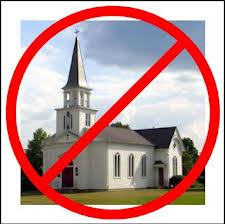
Hey wait a minute….. If disciples were keeping Pentecost in Acts
what were they “counting” in anticipation?
(hint – look at Lev 23:15)
Shalom Aleichem!
The H.U.B.
what were they “counting” in anticipation?
(hint – look at Lev 23:15)
Shalom Aleichem!
The H.U.B.
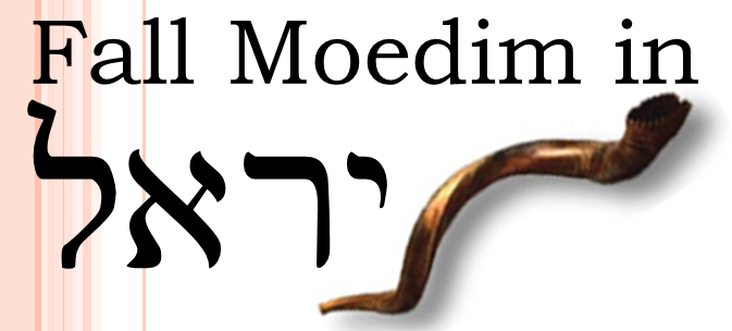
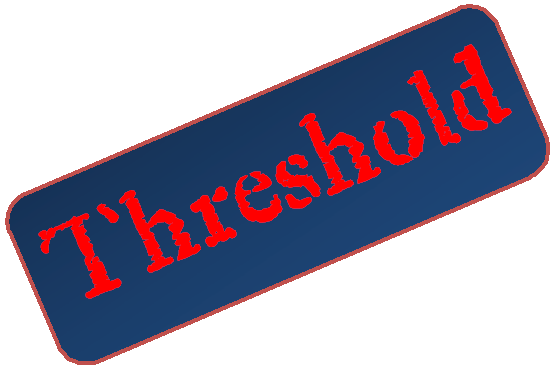
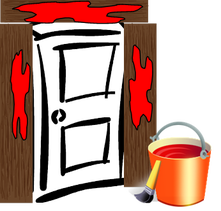
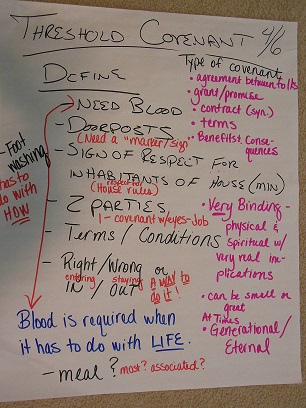
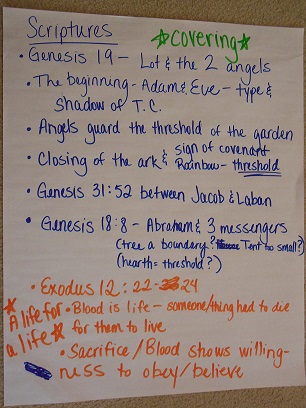
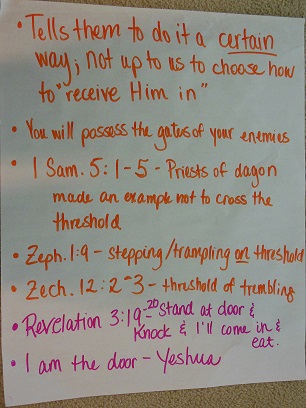
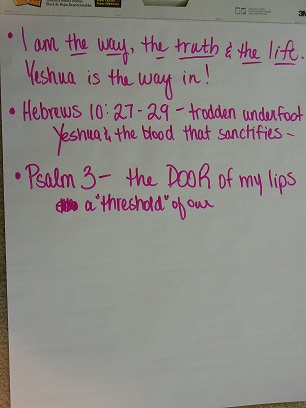
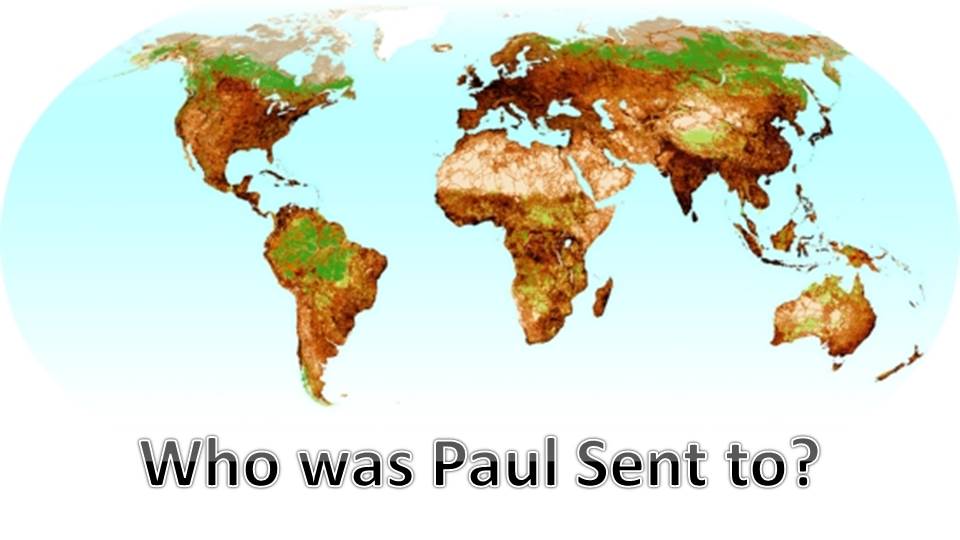
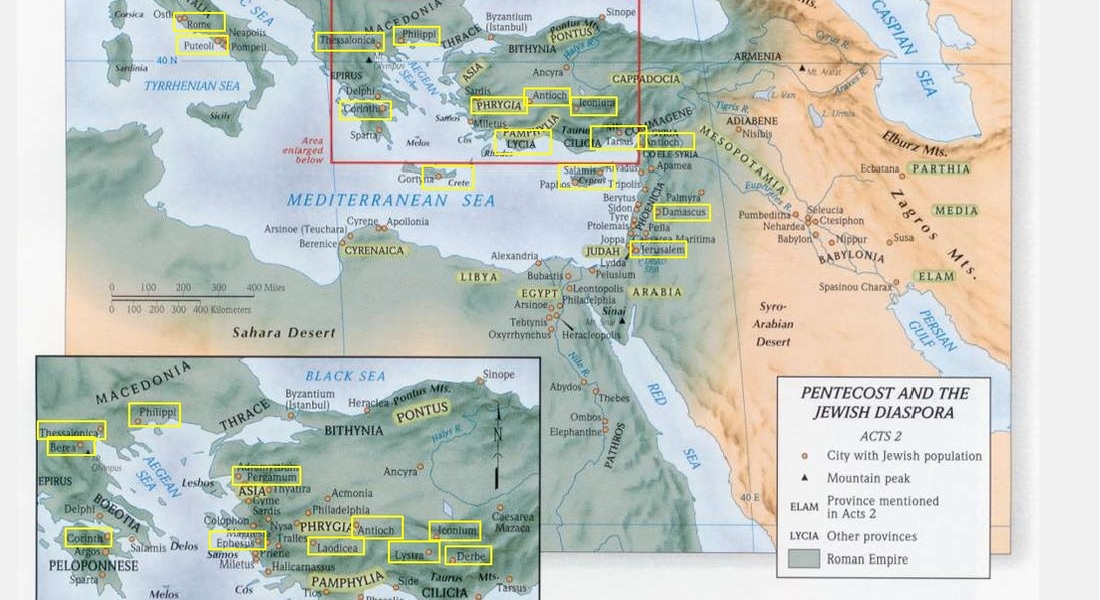
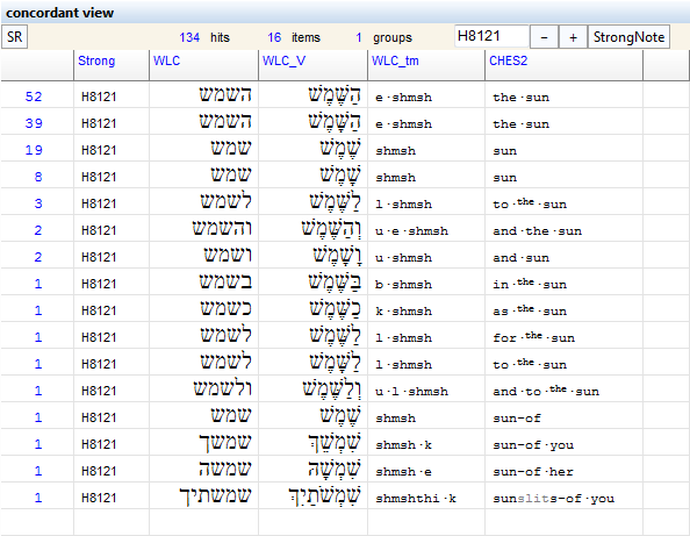
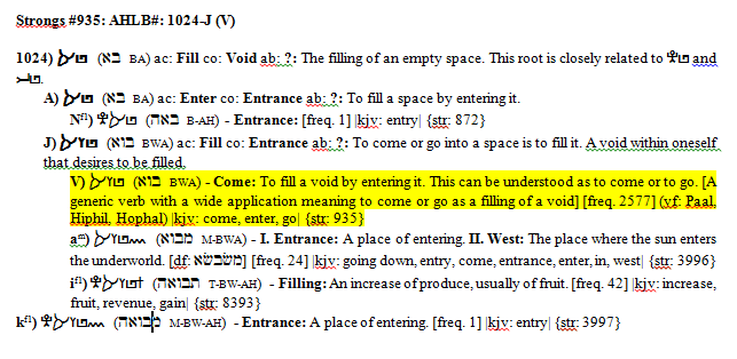
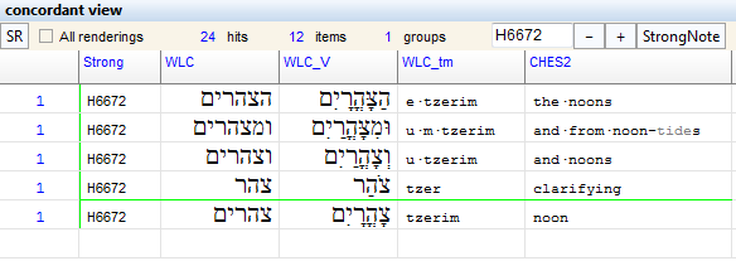

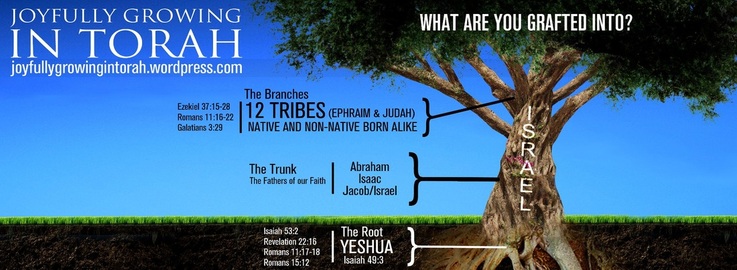
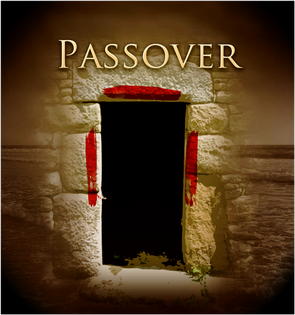

 RSS Feed
RSS Feed
